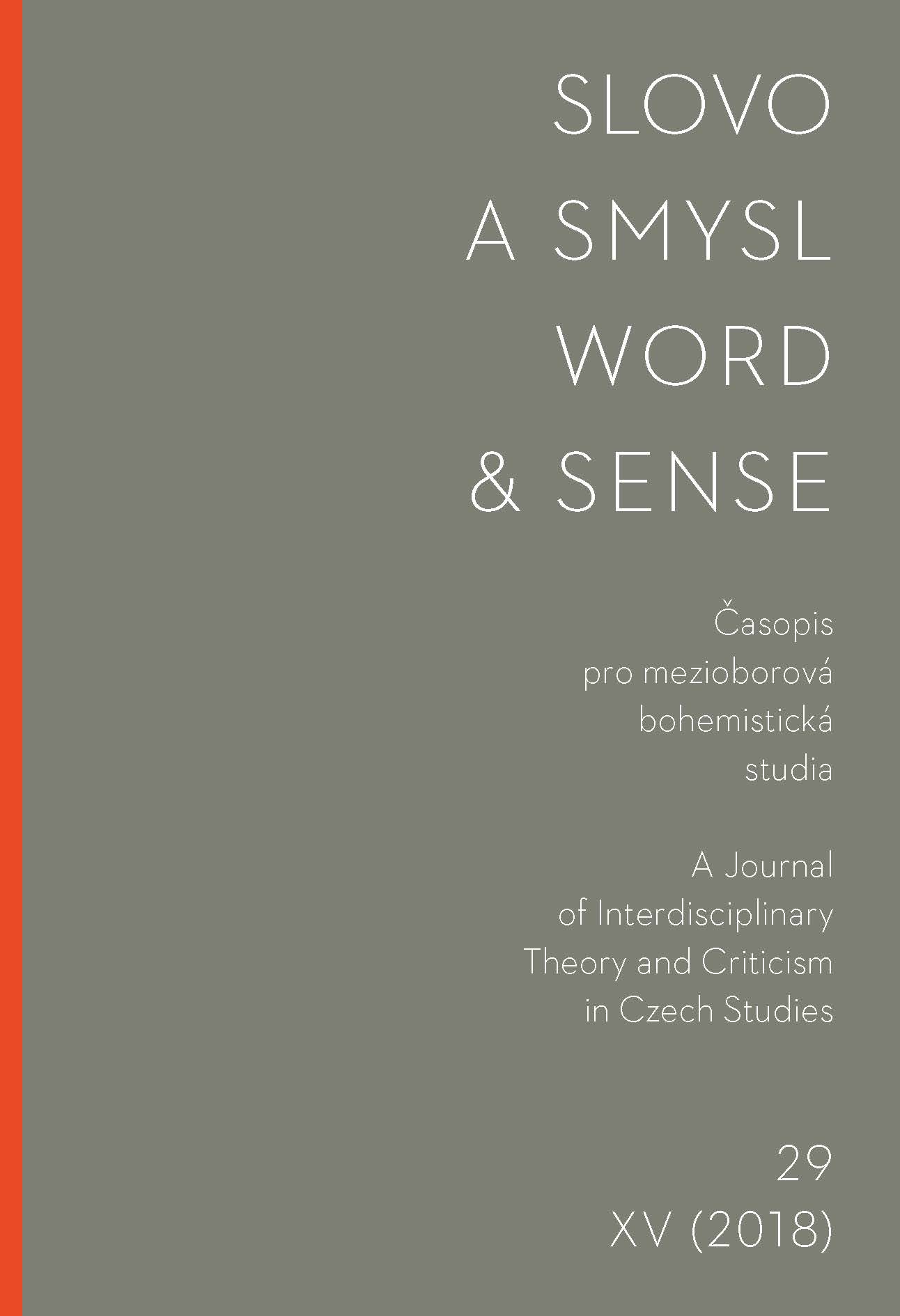Dvě lekce studia literatury aneb o pomalosti
Two Lessons in Literary Studies, or on the Slowness
Author(s): Petr MálekSubject(s): Language and Literature Studies
Published by: Univerzita Karlova v Praze - Filozofická fakulta, Vydavatelství
Keywords: Walter Benjamin; Franz Kafka; Jiří Opelík; Karel Čapek; Karlheinz Stierle; Theodor W. Adorno; Roland Barthes; slowness; study; reading; understanding; parable; picture; Photography; poet; philology;
Summary/Abstract: Drawing on the considerations of Karlheinz Stierle, who claims that one of the key tasks in thinking about literature is to oppose the technical totality of modernity and its repressive mechanisms with the substantiality of the slow and the already past, this study aims — in the reading of Franz Kafka, for example, by German thinker, literary theorist and critic Walter Benjamin, and that of Karel Čapek by Czech literary historian and critic Jiří Opelík — to present a form of thinking about literature and its studies that would belong in some ways to the ‘slow reading culture’. At a time when the predominant view of the status of the discipline has grown skeptical, when one has come to doubt the meaning of literature, it is useful to return to the sources and principal questions that comprise our basic attitude towards literature and its study. The question of the current state of thought about literature is reflected here by the prism of slowness and the culture of slow reading, together with a study of literature that opens our way to something we might have otherwise abandoned in the ‘rhythm of constantly renewed acceleration’. The first part of the study, dedicated to Benjamin’s reading of Kafka, focuses on several motifs, grouped around the idea of study and the idea of the image. He develops his interpretation of Kafka’s short stories, The New Advocate, and his reading of the photographic portrait of little Kafka, by reflecting on Benjamin’s tendency to introduce the subject in a circular manner, and through a method of interpretation that gradually approaches, interrupts and postpones, the methodological equivalent to slow reading, revolves around the conviction that the center of the thinking about literature is the understanding of literary works, his open movement, which can never reach a culminating understanding. The second part of the study, devoted to Opelík’s reading of Karel Čapek, deals with the philological footprint and philological impulse in the literary-historical works of Jiří Opelík: at the epicenter of literary research he inserts the poetic word, which like the history of his stratification is also a model of the historicity of understanding and the experience of time slowing down. Slowness, in the context of Opelík’s Čapek, receives numerous synonyms, some immediately implied (continuity and stability), others emerging from his Čapek reading spontaneously (service), and still others seeming to suggest themselves: loyalty. Loyalty to the author, a service rendered not only to him but also to the readers, to ongoing research, to the constancy of the contemporary reader’s interest. Opelíkʼs methods remain an element of confidentiality in relation to the studied work, which is both first and last instance of understanding, confidentiality based on the slow experience of reading.
Journal: Slovo a smysl
- Issue Year: 15/2018
- Issue No: 29
- Page Range: 13-56
- Page Count: 44
- Language: Czech

